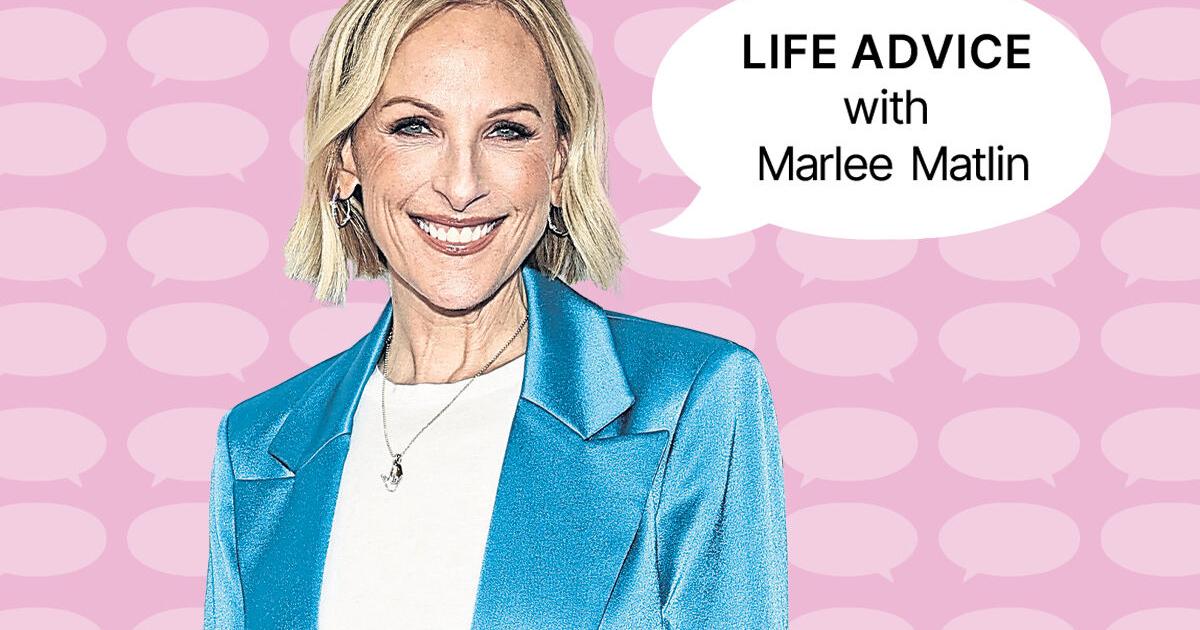The treasure: Marlee Matlin made the record books as the youngest best actress Oscar winner in history in 1987 and has racked up many trail-blazing wins as an activist for the deaf community ever since, including helping usher in widespread closed captioning.
The new thing: Now she is the subject of “Marlee Matlin: Not Alone Anymore,” an engrossing documentary about her journey, directed by fellow deaf actor Shoshannah Stern. The film details Matlin’s Hollywood experiences, of course, including her Oscar win, experience with abuse and BFF-ship with Henry Winkler, but it is most fascinating and groundbreaking in its style — much of it is in American Sign Language, with captions — and its exploration of the frustrating issues many in the deaf community face, including language deprivation and eye-rolling stereotyping by hearing people. (One especially poignant moment features Matlin hanging out with her family, most of whom do not use ASL, and she signs “bored” to the camera; the moment is, on the surface, a bit funny, given Matlin’s signature no-nonsense demeanour and comedic timing, but it signals something deeper, she says: “It was my way of reaching out to Shoshannah, who was sitting in the other room watching the video monitor, talking from one deaf person to another, needing some kind of connection, knowing that I still felt alone (even though) I was in the middle of my family.”)
The details: “Marlee Matlin: Not Alone Anymore” is in theatres Friday .
This film works to reclaim the narrative around deafness, from eschewing the “inspirational” stereotypes to highlighting harmful tropes about deaf folks and inclusivity issues like language deprivation, where deaf children are denied communication methods. What are you most excited for hearing people to learn from this film?
I’m excited for hearing people who have followed my career, who have been fans of my work as an actor, to learn much more about me than what you just see in a role that I play.
To see a deaf person in Hollywood from the perspective of hearing people was really impactful, but they started to make assumptions. And that then spread to other aspects of how deaf people are dealt with in life and many of those assumptions are false, from my perspective, and that’s been going on for years. So even though I had the opportunity to try to clear up some of those assumptions when I wrote my book, it was written in the printed word and I think the documentary gives an opportunity to express myself authentically and reach both (the hearing and the deaf) worlds because the printed word is not necessarily accessible to all worlds. We set the record straight.
What was the best advice you ever got?
The best advice I get is always from Henry Winkler because we have a connection with each other because we’re in the industry together; the last time I ever asked for advice from him had to do with one of my kids, because I know that Henry’s a father and a grandfather, and I had some sort of family conflict or issue, and I couldn’t quite solve it. The kids were having issues with each other, so I called Henry and knew that he would be great in terms of listening to what I had to say and offering advice.
What was the worst advice you ever got?
Don’t do television. Don’t do publicity. Don’t make friends. And I took that advice for a while. And then I realized, I gotta move beyond that and I’m glad I did.
What makes you happiest these days?
When people are nice to each other. I walk out of a grocery store or a bookstore or anywhere that I walk around on the street, everywhere that I go and I’m always trying to make contact with people: all I want is a smile, just a smile. And when they see me and they smile, then I know what they’re thinking. They’re thinking, “Hey, let’s just spread joy.”
What achievement are you proudest of today?
Going about my day. Getting things done And hoping that dinner is good, sat on the table. And captioning. Captioning for all of us, not just deaf people. Now everyone depends on it.
What is a skill people may be surprised to discover you have?
(Like you see at) the end of the movie, when I sign songs. That’s actually the only thing in the movie that I asked Shoshannah originally not to use in the film. Because I consider it my sort of hidden secret, my hidden talent. But she surprised me when I watched the film for the first time, and I said, “OK, that’s fine. I think that’ll be fine.”
What hobbies do you want to start in the future?
Well, because I’m a grandma, I’m looking forward to exploring hobbies (like) baking, cooking, painting.
What advice do you have for fellow deaf performers?
Not to give up. Stay creative. Love what you do. Do have a network; learn who is best to collaborate with. Communicate with others. But also, which I didn’t have, have something else to fall back on. Just don’t let anyone define you or deprive you of your interest in doing whatever it is you want to do.



